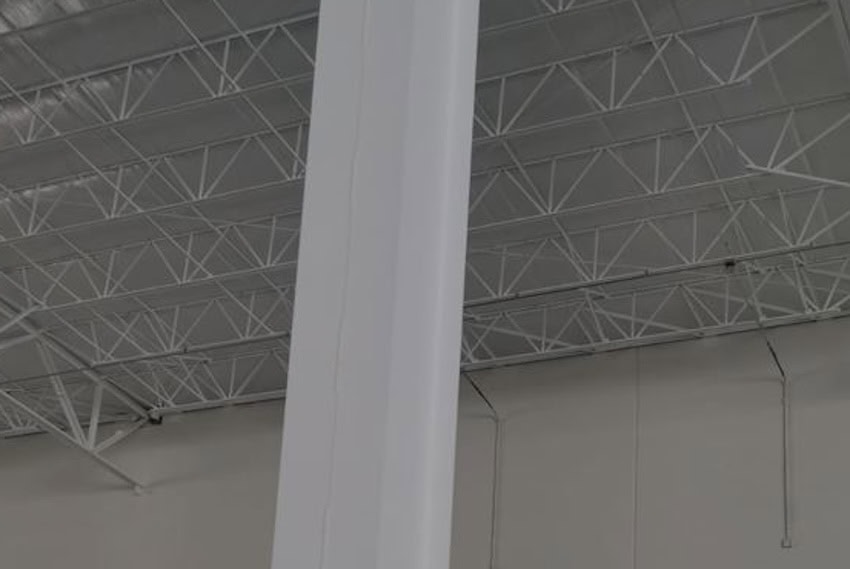Brazil’s largest steelmaker Gerdau announced on Tuesday it had canceled US $600 million in investment in Mexico, citing uncertainty following the 25% tariffs imposed by U.S. President Donald Trump on steel and aluminum imports.
The investment was earmarked for a new 600,000-ton-per-year steel plant in Mexico, according to a company announcement made in mid-2024.

(www.gerdaucorsa.com.mx)
There is great uncertainty around the future of automotive nearshoring in Mexico, Gerdau’s president Gustavo Werneck said during a conference call to present first-quarter results.
There will be “a very profound reconfiguration of the automotive platform in the coming years,” Weneck said. It is uncertain whether Mexico “will continue to be a solid platform for auto parts production for the United States.”
Werneck had previously announced that the firm was reviewing its investment plans in Mexico, in a conference call with shareholders in February.
Gerdau generates around half of its sales in the U.S. and Mexico at present and the company’s nearshoring strategy was expected to help solidify its position in the region.
“It’s too early to know whether auto parts will stop being manufactured in Mexico and return to manufacturing in the U.S. or elsewhere,” Werneck told reporters on Tuesday. “Our decision depends on the uncertainty about how the global automotive supply chain will be reconfigured after the tariffs.”
The company reported an adjusted net profit of $134 million in the first quarter of 2025, marking a 39% decrease on the same period last year, despite an increase in sales, demonstrating the impact of tariffs on its revenues.
Brazil’s steel tariffs
The CEO said it was possible that Gerdau may also reduce its investment in Brazil in favor of projects abroad in the coming years, although the matter is still under consideration. Werneck cited the lack of trade defense measures in Brazil as a challenge.
Last year, Brazil’s government imposed a 25% import tariff on 11 steel products, including rolled steel and tubes, to protect itself from Chinese competition. However, Brazilian steelmakers have demanded higher taxes on a wider range of products.
“Is it worth continuing to invest in Brazil, where we cannot obtain trade defense that allows us to compete on a level playing field?” Werneck asked. “If the government doesn’t take action, this will have a very significant impact on accelerating the country’s deindustrialization.”
Gerdau expects the government to announce measures in May to block the flow of alloy to Brazil, particularly from China.
With reports from Forbes México and Infobae
